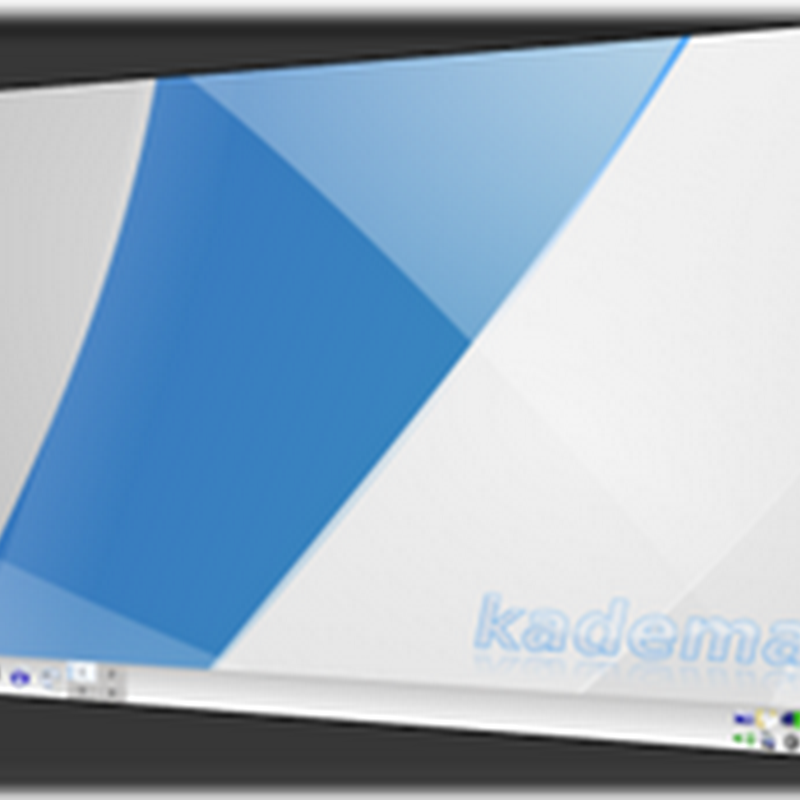
 Aldo is a morse code learning tool which provides four type of training methods: blocks, koch, file, callsign. Blocks: Identify blocks of random characters played in morse code. Koch: Two morse characters will be played at full speed (20wpm) until you'll be able to identify at least 90 percent of them. After that, one more character will be added, and so on. File: Identify played characters generated from a file. Callsign: Identify random callsigns played in morse code.
Aldo is a morse code learning tool which provides four type of training methods: blocks, koch, file, callsign. Blocks: Identify blocks of random characters played in morse code. Koch: Two morse characters will be played at full speed (20wpm) until you'll be able to identify at least 90 percent of them. After that, one more character will be added, and so on. File: Identify played characters generated from a file. Callsign: Identify random callsigns played in morse code.Aldo is a morse code learning tool released under GPL, which provides four type of training methods:
- Classic exercise
Identify random characters played in morse code.
- Koch method
Two morse characters will be played at full speed (20wpm) until you'll be able to identify at least 90 percent of them. After that, one more character will be added, and so on.
- Read from file
Identify the morse code generated from a file.
- Callsign exercise
Identify random callsigns played in morse code.
DOWNLOAD ALDO
Build prerequisites:
- gcc 3.x or later
- libao
Latest aldo version is aldo-0.7.5. You can download it here and check sign.
You can download older releases of Aldo here.
ALDO on DEBIAN
Now aldo is a debian package. On debian unstable you could install it with:
root@somewhere:~# apt-get install aldo
GIT
Browse git repository here
aldouser@somewhere:~$ git clone git://git.savannah.nongnu.org/aldo.git
aldouser@somewhere:~$ cd aldo
aldouser@somewhere:~/aldo$ sh bootstrap && ./configure && make; ./src/aldo
SAVANNAH PROJECT PAGE
You can find aldo on Savannah page.
FREE SOFTWARE DIRECTORY
Aldo is recorded in Free Software Directory.
OLD VERSIONS AND OLD PAGE
You can find old versions at the old web page .
Download Source Package aldo:
ABOUT GtkMMorse
GtkMMorse is a morse code learning tool released under GPL, which provides two type of training methods:
- Koch method
- Classic method
Koch is a philosophy for teaching morse based on the extensive researches of Ludwig Koch, psychologist at Die technische Hochschule, Braunschweig, Germany, reported in Jan-Feb. 1936.
-
It is a mistake to let the student see a code character in any kind of visual form, because a visual impression is so strong that it will almost invariably lead to analyzing it into dits and dahs, and thus shatter its unity.
-
Each Morse code character must retain its unitary nature, its acoustic wholeness at all times.
This is facilitated by:- Sending at a speed of at least 12 wpm (60 letters/minute) from the very first. This will promote the sense of acoustic unity and bypass the discouraging 10 wpm plateau (transition) region completely.
- Emphasizing the melodic nature of the code patterns initially, like a little tune, by the use one pitch for the dits and a slightly different pitch for the dahs. These pitches are then gradually to be brought closer together so that by about the mid-point of the program they are identical and continue from there on as a single pitch.
-
From the very first all practice is to be in five-letter groups, with normal spacing between the letters, as in ciphered texts, but with distinctly longer pauses between groups.
This has a dual purpose:- to leave no time for conscious thinking or translation between letters, and thus to require direct passage from sound pattern to the letter itself, and
- so that the student will immediately become used to hearing letters in groupings as in normal communication, and not as isolated letters.
Latest GtkMMorse version is gtkmmorse-0.9.27.
You can download it here and check sign.
You can download older releases of GtkMMorse here.
Downloading developing version with GIT
Browse git repository here
gtkmmorseuser@somewhere:~$ git clone git://git.savannah.nongnu.org/gtkmmorse.git
Building GtkMMorse
GtkMMorse isn't a debian package still. If you want to build GtkMMorse on Debian:
Build dependencies:
Build dependencies on Debian: root@somewhere:~# apt-get install libgtkmm-2.4-dev libgconfmm-2.6-dev libao-dev
Building GtkMMorse from tarball
gtkmmorseuser@somewhere:~$ tar xjvvf gtkmmorse-x.y.z.tar.bz2
gtkmmorseuser@somewhere:~$ cd gtkmmorse-x.y.z
gtkmmorseuser@somewhere:~/gtkmmorse-x.y.z$ ./configure && make
gtkmmorseuser@somewhere:~/gtkmmorse-x.y.z$ ./src/gtkmmorse
Building GtkMMorse from GIT
gtkmmorseuser@somewhere:~$ cd gtkmmorse gtkmmorseuser@somewhere:~/gtkmmorse$ sh bootstrap && ./configure && make gtkmmorseuser@somewhere:~/gtkmmorse$ ./src/gtkmmorse








0 commenti:
Post a Comment